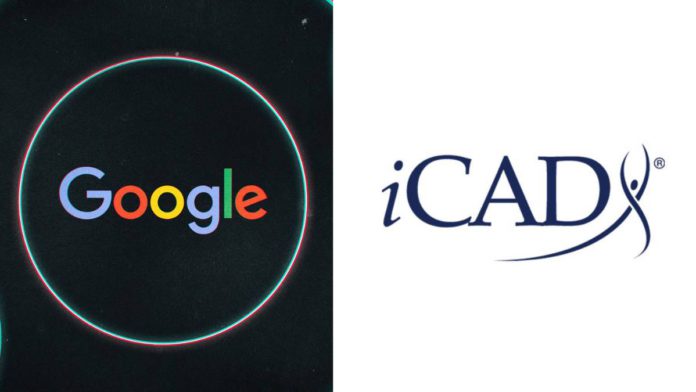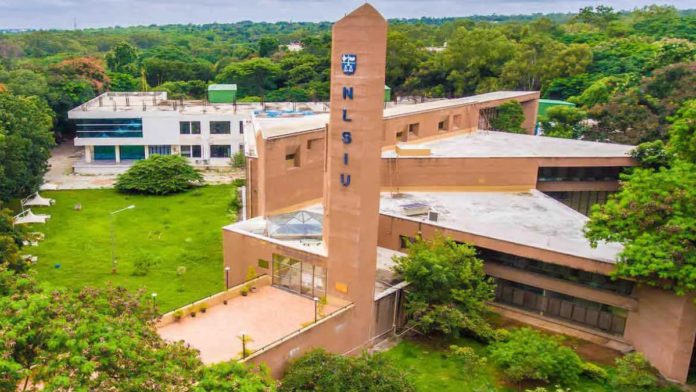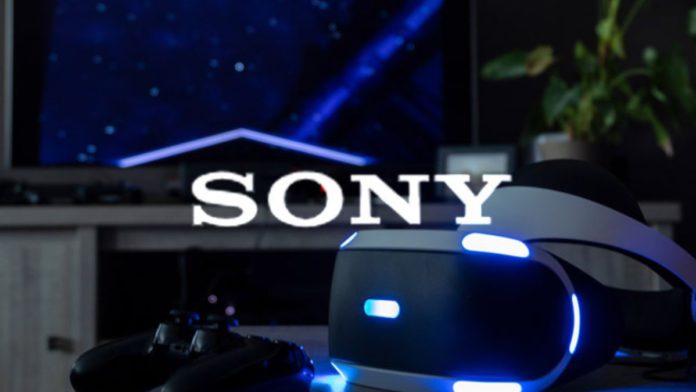Google will partner with iCAD, a global mammography AI vendor, to integrate Google Health’s artificial intelligence into iCAD’s portfolio of breast screening solutions. The partnership will aim to develop more enhanced detecting and assessing solutions for people with short-term cancer risk.
iCAD already has an advanced AI Suite of breast screening technologies for detection, density assessment, and risk evaluation. The medical vendor plans to incorporate Google’s AI into ProFound AI Risk, the world’s first clinical decision tool that provides risk estimation. Currently, it is the only technology that is commercially available for clinicians.
Stacey Stevens, President and CEO of iCAD, said, “With the addition of Google Health’s technology, we are positioned to improve the performance of our algorithms for both 2D and 3D mammography, which will further strengthen our market leadership position and drive worldwide adoption.”
Read More: Sony Launches Wearable Motion Trackers to Bring Metaverse to Smartphones
As per the press release, this is the first time Google Health has ventured into a commercial partnership to introduce breast imaging AI into clinics. As breast cancer is one of the most common cancers, Google is actively working to improve the accuracy and availability of screenings, as early detection can save lives.
Google is also working with the Imperial College London and three NHS trusts to test different screening technologies as the screening systems vary globally.










